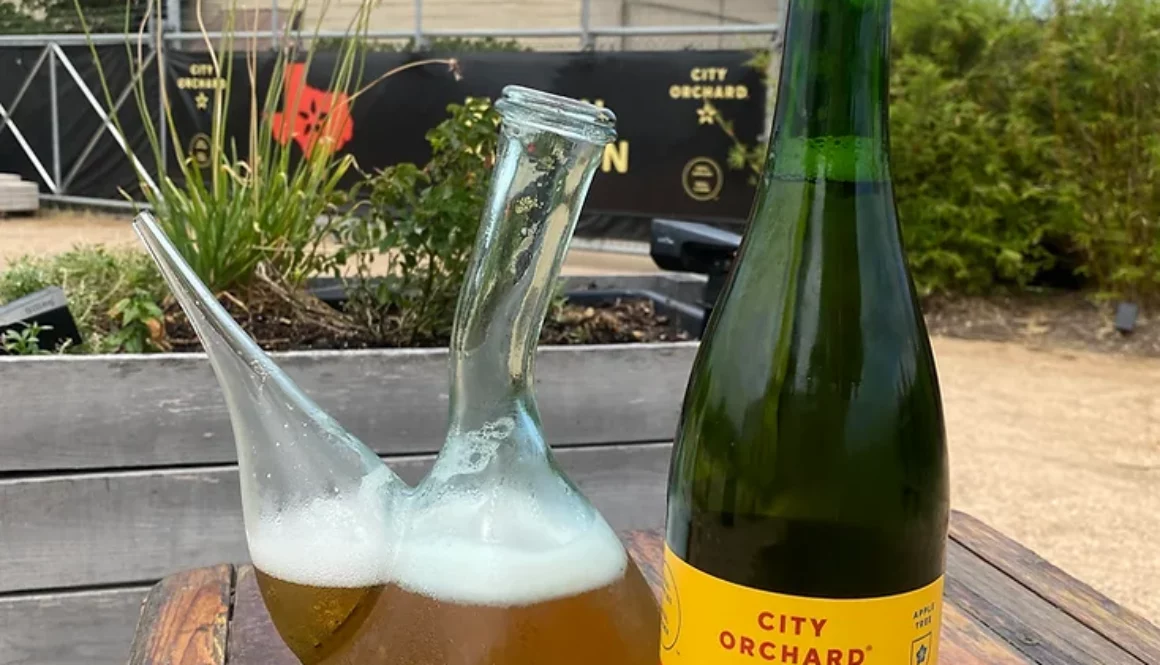Espia, Cider Maker Notes
Espia, Cider Maker Notes
Some people ask if we plan to make a Spanish-style cider someday, and the answer to that question is still maybe. Spain’s Asturias region produces ciders that differ greatly from most styles in the United States or other parts of Europe. The unfiltered, typically oaked Asturian cider is known for its acidic, let’s just say – slightly vinegary flavor. A better description is provided by our friends at Cider Culture.
I’m no expert on the varieties of Asturian ciders. I have never been to the region and have only tasted a handful. We at City Orchard also do not have access to any Spanish apple varieties at present so we are a bit hesitant to think that we can make a truly Spanish-style “Sidra Asturias”. But (of course), we just bottled something that reminds us of this celebrated cider – Espia – Wood Aged Cider.
Asturian ciders should not be referred to as vinegary – the correct term is volatile acidity, which is caused by the acetification of the cider, which is considered a fault in many regions. Vinegar is acetic acid but of course, the acetic acid present in Spanish ciders is at a low concentration. As a result, the cider gets a distinct, and pleasant aroma and flavor. In Spain, this is a characteristic that is highly coveted!
Espia (Spy in Spanish) is a 100% Northern Spy apple cider that we made over two years ago. Spy apples are one of our favorite apples, and are one of the varieties that we use for our Silver Tip cider. A fantastic cider on its own, it has nice acidity and complexity. This particular batch of cider was stored for a while and during storage developed some mild acetification. This was not on purpose and most likely the cause of letting some oxygen into the storage vessel. Oops – this was not meant to be used for Silver Tip!
But the volatile acidity of this cider was not unpleasant and we realized that we could use it to make something more akin to a Sidra Asturias. Sometimes accidents can lead to new and exciting things and in this case we think so. So we were careful to slow down the acetification process. We then filtered the cider (something not typical in Spain) and we rested it on oak for a few months. We then balanced the sugars, carbonated (again, not typical in Spain), and bottled Espia.
We hope you like the cider and this is our first nod of respect to the makers of this very unique and distinctive style. This is definitely just a nod, and it’s quite different on its own. But it was fun to use our imagination in the cellar. Enjoy it in the taproom in a porron!


